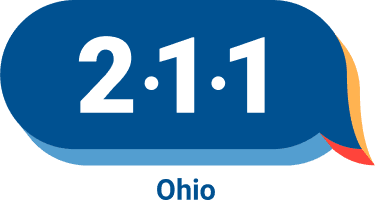Webease Online Health Program | Centers For Disease Control And Prevention
1600 Clifton Road, Atlanta, GA 30329-4027
Visit website at www.webease.org to register.
None.
Noble County, Ohio
Athens County, Ohio
Washington County, Ohio
Wyandot County, Ohio
Crawford County, Ohio
Licking County, Ohio
Guernsey County, Ohio
Pickaway County, Ohio
Coshocton County, Ohio
Knox County, Ohio
Monroe County, Ohio
Marion County, Ohio
Description
WebEase (Web Epilepsy, Awareness, Support and Education) is an interactive, on-line self-management program for people with epilepsy. The goal of WebEase is to support and foster the management of epilepsy by people with epilepsy. WebEase is different from other Epilepsy websites because it does not tell you what you should do. Rather, it guides you to think about what is important to you in managing your epilepsy through taking medications, managing stress and getting a good night’s sleep. WebEase encourages you to make decisions that are consistent with your own goals: - The program consists of three interactive modules—medication taking, stress and sleep management. Each module lets you read information, respond to questions, receive feedback, and watch and listen to testimonials. You also learn helpful strategies to improve your epilepsy self-management and set goals that are personalized to meet your specific needs and concerns. - WebEase also includes MyLog, an online personal journal you can use to track your seizures, medication, stress and sleep patterns and receive personalized feedback about how your medication taking, stress, and sleep may affect or improve your epilepsy.
Data provided by
211 Pathways
What's Here
Providing organization
Centers For Disease Control And Prevention
CDC works with partners throughout the nation and the world to monitor health, detect and investigate health problems, conduct research to enhance prevention, develop and advocate sound public health policies, implement prevention strategies, promote healthy behaviors, foster safe and healthful environments, provide leadership and training.
